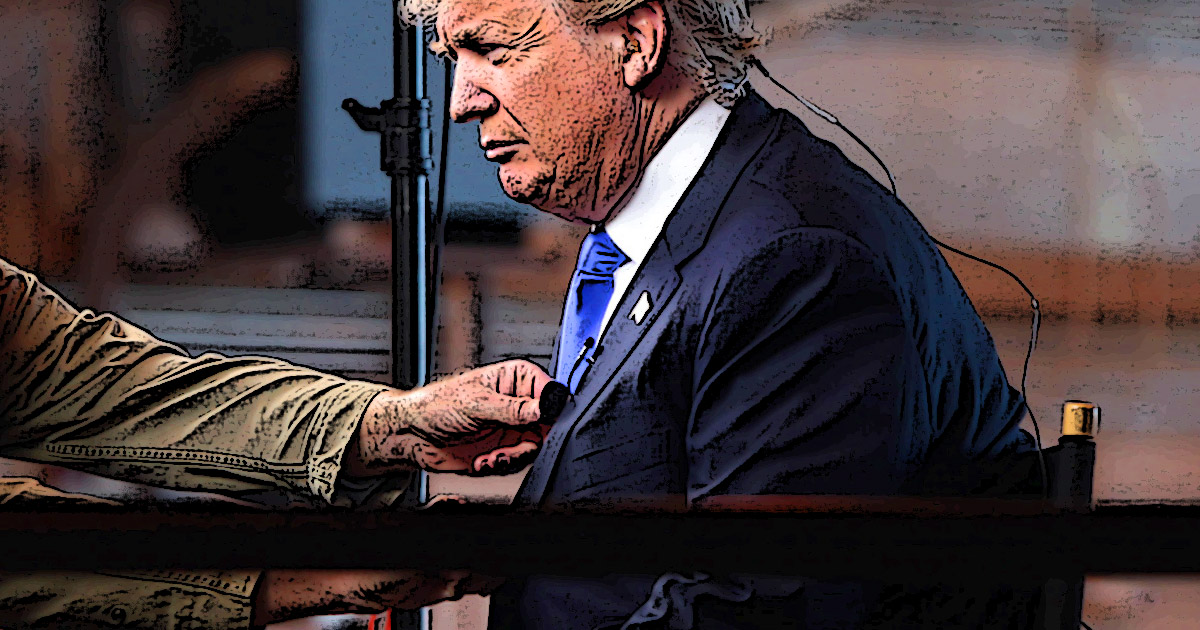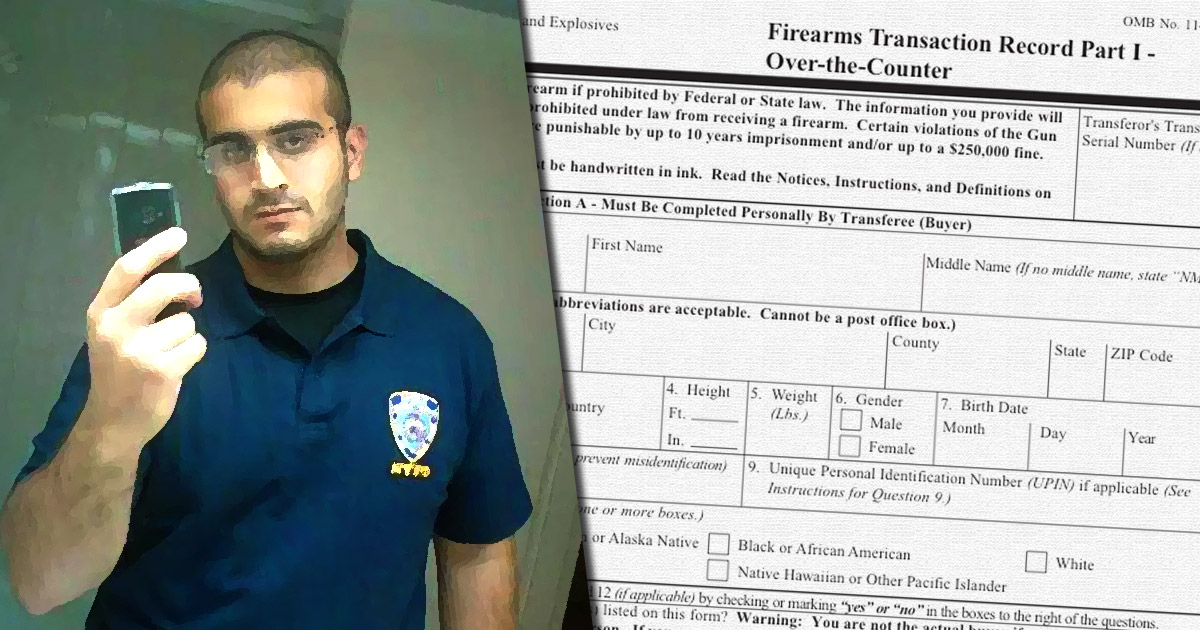In breaking news, a major politician has promised to give important benefits to the poor and the middle class.
She did not specify where those benefits would come from. But we know where they do come from: taxpayers. What this politician has done is promise to take from some to give others. Actually, it’s even more complicated — after taking from some folks, then there’s the skimming off the top (or: taking a big chunk); and after that, there’s the hoopla about the money she is “giving” back.
This is how politicians work. Vague talk and big promises, backed up by the ability to tax and the sanction to threaten your life if you don’t comply.
Characteristically, they avoid talk of the costs of their actions. They focus on the “benefits.”
Many, many years ago, a great American sociologist explained the process:
A and B put their heads together to decide what C shall be made to do for D. The radical vice of all these schemes, from a sociological point of view, is that C is not allowed a voice in the matter, and his position, character, and interests, as well as the ultimate effects on society through C’s interests, are entirely overlooked. I call C the Forgotten Man.
That was written in 1883. In 1932, a major politician took the term, “The Forgotten Man,” and applied it not to C but to D.
And since then, politicians have tended to ignore C entirely, except to make them feel guilty for not doing more for D (and, by implication, A and B).
You can see why I prefer direct action on discrete issues by responsible citizens. In which the C’s are consulted.
This is Common Sense. I’m Paul Jacob.
Original Photo Credit: David Goehring on Flickr (Creative Commons)











